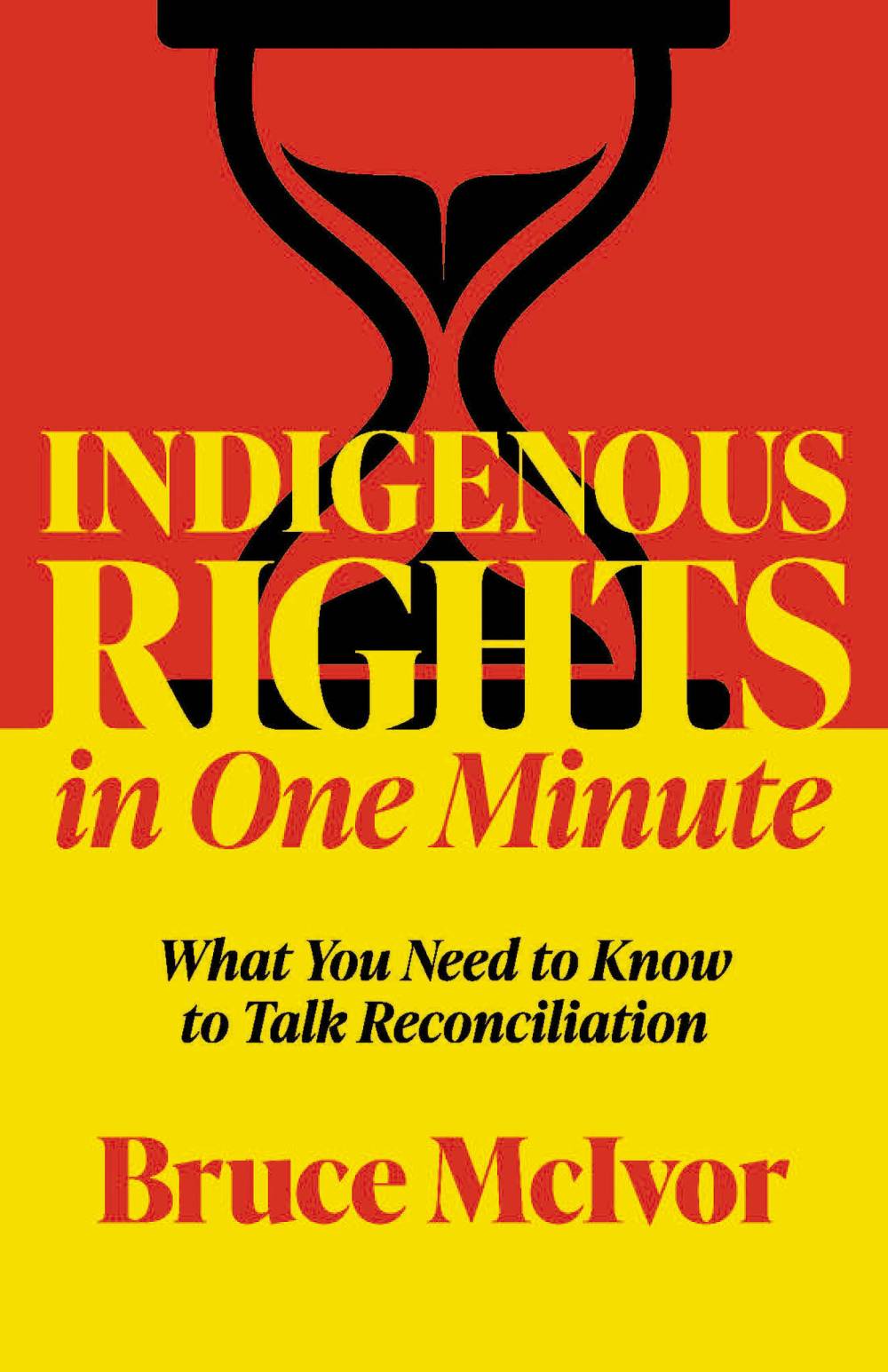In Conversation: Bruce McIvor
Advertisement
Read this article for free:
or
Already have an account? Log in here »
To continue reading, please subscribe:
Monthly Digital Subscription
$0 for the first 4 weeks*
- Enjoy unlimited reading on winnipegfreepress.com
- Read the E-Edition, our digital replica newspaper
- Access News Break, our award-winning app
- Play interactive puzzles
*No charge for 4 weeks then price increases to the regular rate of $19.00 plus GST every four weeks. Offer available to new and qualified returning subscribers only. Cancel any time.
Monthly Digital Subscription
$4.75/week*
- Enjoy unlimited reading on winnipegfreepress.com
- Read the E-Edition, our digital replica newspaper
- Access News Break, our award-winning app
- Play interactive puzzles
*Billed as $19 plus GST every four weeks. Cancel any time.
To continue reading, please subscribe:
Add Free Press access to your Brandon Sun subscription for only an additional
$1 for the first 4 weeks*
*Your next subscription payment will increase by $1.00 and you will be charged $16.99 plus GST for four weeks. After four weeks, your payment will increase to $23.99 plus GST every four weeks.
Read unlimited articles for free today:
or
Already have an account? Log in here »
Métis lawyer Bruce McIvor was raised in the Interlake but has lived in Vancouver for three decades. He is the founder of and a senior partner at First Peoples Law LLP, litigating and negotiating on behalf of Indigenous Peoples across the country.
McIvor will be coming to Winnipeg to launch his second book of non-fiction, Indigenous Rights in One Minute: What You Need to Know to Talk Reconciliation.
Sunday afternoon at McNally Robinson’s Grant Park location, he will be presenting at Thin Air’s annual Niizhotay Stories event, which marks Canada’s National Day for Truth and Reconciliation. Niizhotay Stories also honours residential school survivor and community leader Elder Theodore Niizhotay Fontaine, who died in 2021.

SUPPLIED
Bruce McIvor
Free Press: What do you want people to know about Indigenous Rights in One Minute?
Bruce McIvor: I’d like people to know that Indigenous Rights in One Minute is full of accessible, useful information for members of the general public interested in getting better informed about Indigenous rights. In one minute they can have a clear, concise answer to a question they’ve been wanting an answer to for a long time.
FP: What are your goals for this book?
BM: I wanted to write a book that contributes to a better informed and more respectful national conversation about Indigenous rights. As I discussed in my first book, Standoff: Why Reconciliation Fails Indigenous People and How to Fix It (2021), ignorance is a force that fosters distrust, hatred and violence. I believe if they are better informed, most non-Indigenous people will support greater respect for Indigenous rights.
FP: This book consists of answers to questions you’ve been asked by members of the public about Indigenous rights for the last 30 years. Why is it important to make this information accessible?
BM: It’s important to make this information accessible so people can have constructive conversations with their friends and family members. I’m hoping that when readers hear someone spouting a common misconception about Indigenous rights — that they are race-based, for example — they’ll politely and confidently correct them.
FP: In your introduction, you write “I have done my best to ensure the entries are accurate, but have no pretensions of being impartial.” Did writing this book feel a bit like writing a series of editorials? Or were you reaching for something else entirely?
BM: My first book, Standoff, is a series of short editorials in defence of Indigenous rights. With my new book, I wanted to focus on sharing essential information but also to include short critiques so readers understand Indigenous people’s frustration with Canadian law.
FP: Your bio notes you’re working on creative-writing projects “that explore the intersection of law, history and Indigenous rights.” Can you tell me a bit about these?
BM: I’m currently in the second year of a MFA in creative writing at the University of British Columbia. My new work is focused on the legal and historical factors that underpin the current discussion of Indigenous identity. I rely on a personal and family history to ground these complex issues for the general reader.

FP: You’re originally from the Interlake but now you live in Vancouver. What does it mean to launch this book in Winnipeg, in Red River, in the homeland of the Métis Nation?
BM: I’ve lived in Vancouver for over 30 years, but when I tell my wife I’m going home, she knows I mean Manitoba. I emphasize with law students I teach and junior lawyers I mentor, that at its essence the work we do is about place and community. We always need to reconnect with the places at the core of our humanity.
FP: You will be appearing as part of Thin Air’s Niizhotay Stories, an event marking the National Day for Truth and Reconciliation and honouring Anishinaabe Elder Theodore Niizhotay Fontaine. Does that framing make your visit to Winnipeg more meaningful?
BM: It’s a great honour. For me, the series and Elder Fontaine’s work represent the importance of safe spaces for stories that tell the honest and difficult truths of Canada’s ongoing colonization project. I appreciate the opportunity to make a small contribution to that important work.
FP: What are you reading right now? What are you writing right now?
BM: I’m travelling in Europe this week with just a small backpack so I brought books that pack a punch but don’t take up much space. I decided I’d reread two books by J.M. Coetzee, Age of Iron (1990) and Waiting for the Barbarians (1980), because I love his sparse but lyrical style. As for writing, I’m working on a piece based on Maj.-Gen. Garnet Wolseley’s overland expedition to Red River in response to the Métis resistance of 1870.
Ariel Gordon’s latest book, Blood Letters, will launch at McNally Robinson Oct. 17.


